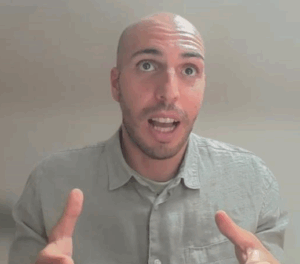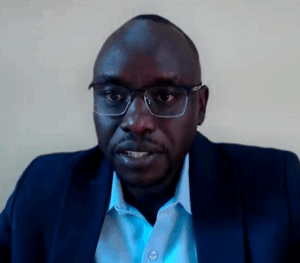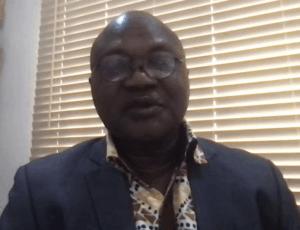A high-level virtual forum on 16 May 2025 brought together a distinguished assembly of policymakers, financiers and energy experts to tackle one of the continent’s most critical development challenges: closing Africa’s energy access gap.
Held under the theme “Bridging Africa’s energy access gap – challenges, innovations & the path forward”, the Africa Sustainable Energy Dialogue (ASED) 2025 drew attention to the urgent need for African-led solutions in advancing the continent’s energy transition.

With over 600 million Africans still lacking access to reliable electricity, the dialogue provided both a sobering reflection of current realities and a platform for showcasing homegrown innovations and practical policy proposals.
Among the notable participants were Dr. Omar Farouk Ibrahim, Secretary General of the African Petroleum Producers’ Organisation (APPO); Prof Abubakar Sani Sambo, former Special Adviser to the Nigerian President on Energy; Dr. Alfred O. Ahenkorah, former Executive Secretary of Ghana’s Energy Commission; Monique P. Motty of the African Development Bank (AfDB); Daniel Bungey of the Norwegian Refugee Council; Sabrine Emran of the Policy Centre for the New South; and Kweku Andoh Awotwi, Board Chairman of United Bank for Africa-Ghana.

Leadership at the heart of the crisis
In a frank opening, Dr. Ibrahim challenged prevailing narratives, arguing that Africa’s energy challenge is less about poverty and more about leadership. “Our priority as a continent should change if we are committed to making energy accessible to our people,” he said.
His comments set the tone for a dialogue that consistently emphasised accountability, political will and African agency.
Financing and the Africa energy bank
A central concern was Africa’s chronic underinvestment in clean energy. Despite accounting for nearly 20% of the global population, the continent receives just 2% of global clean energy investments.

Dr. Ibrahim highlighted the establishment of the Africa Energy Bank, spearheaded by APPO, as a critical vehicle for mobilising investment into Africa’s energy infrastructure. The bank is envisioned to bridge the financing gap and provide tailored funding mechanisms that respond to the continent’s unique needs.
Creating a conducive investment climate
Prof. Sambo called for stronger, more transparent regulatory frameworks to bolster investor confidence. He cited policy inconsistency, regulatory opacity and currency volatility as key deterrents to private capital.
“What gives investors confidence is clarity, transparency and long-term planning. Without these pillars, capital will remain hesitant,” he warned.

Government’s role in electrification
For his part, Dr. Ahenkorah redirected the conversation to the role of government, stressing that electrification is a public responsibility.
“No individual can take it upon themselves to electrify a country. It is the government that has to do that,” he stated, urging citizens to hold leaders accountable for progress on energy access.
Education, culture and local solutions
AfDB’s Monique Motty addressed the structural issues underpinning Africa’s energy struggles, pointing to mismatched development models and education systems that fail to serve Africa’s unique context.
She advocated embedding technology and engineering into national curricula to cultivate a generation capable of designing context-specific solutions. “Our cultural identity often clashes with the systems imposed on us,” she said.
Regional integration and grid interconnection
Speaking on the benefits of regional cooperation, Daniel Bungey underscored the value of interconnected grids in boosting energy security and accelerating electrification. He argued for a pragmatic approach that balances energy needs with environmental sustainability while enhancing regional cooperation.

Beyond privatisation: equity in energy access
Kweku Andoh Awotwi challenged the overreliance on privatisation as a solution. “Privatisation is not a silver bullet that will solve all our problems,” he cautioned.
He called on governments to approach energy access as a social service, underscoring the need to place people above profits in energy planning.
A unified call for African-led transition
Throughout the dialogue, a clear and consistent message emerged: Africa’s energy future must be owned, shaped, and led by Africans. Discussions highlighted the importance of homegrown financing models, regulatory reforms, and capacity building through education.

The Africa Energy Bank, for example, was widely welcomed as a promising initiative with the potential to re-anchor the continent’s energy financing landscape.
ASED 2025 stood out not merely as a platform for debate but as a springboard for action. It fostered strategic partnerships and reinforced the continent’s collective resolve to tackle the energy crisis with urgency and innovation.
As Africa navigates its energy transition, the dialogue ended with a firm conclusion: Africa’s energy future is in African hands — and the time to act is now.










